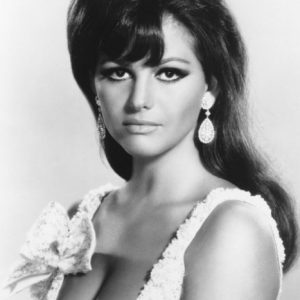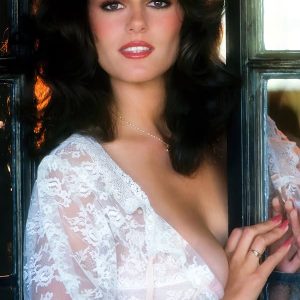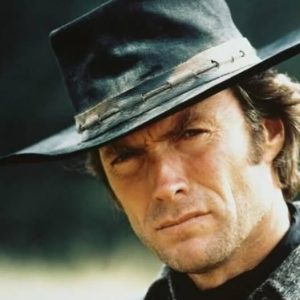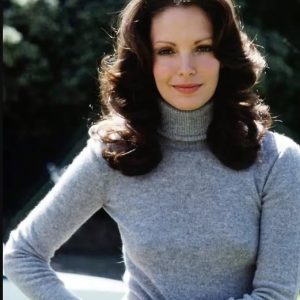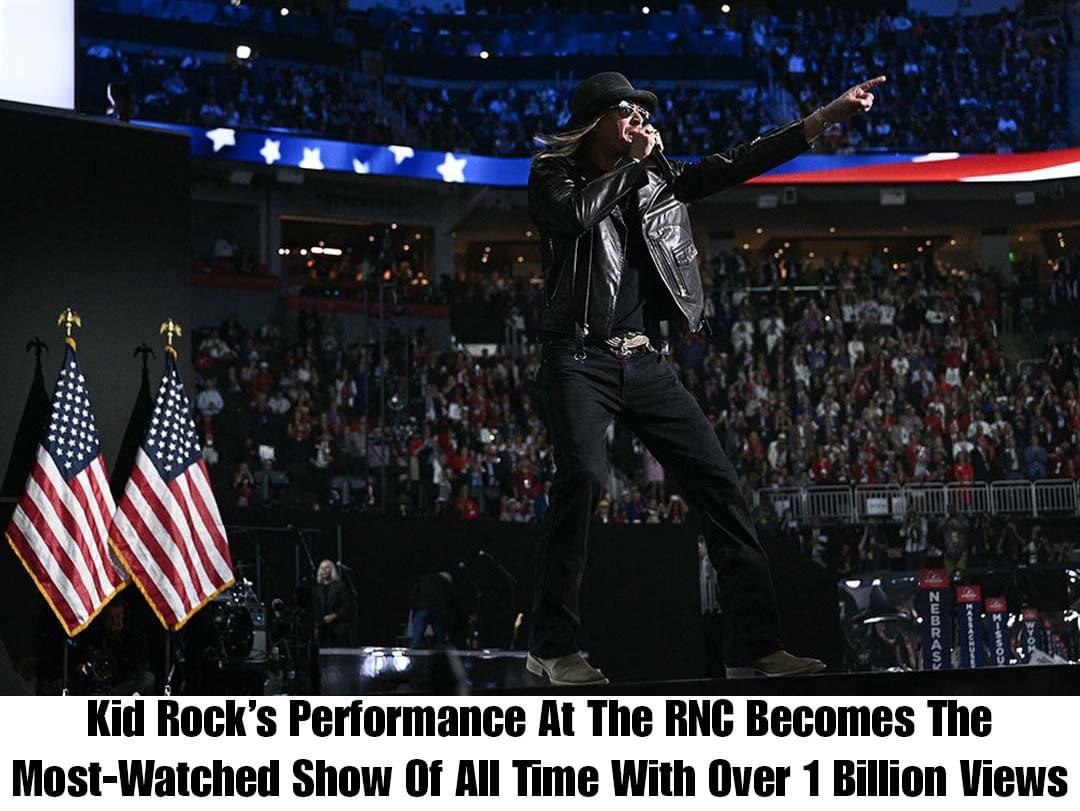
Kid Rock’s RNC Performance: A Milestone in the Blending of Entertainment and Politics
Kid Rock’s performance at the Republican National Convention (RNC) has set a new record, becoming the most-watched show of all time with over one billion views, surpassing even the Super Bowl and World Cup. This remarkable achievement not only marks a dramatic comeback for the ’90s rocker but also signifies a profound shift in American politics, where entertainment increasingly overshadows substantive discussion.
A New Era of Political Spectacle
Kid Rock, known for his energetic performances and hits like “American Bad Ass,” captivated a global audience with his RNC show. His dramatic return to the spotlight at a political event highlights the growing trend of using entertainment to engage and influence the electorate. In an era where attention spans are short and media consumption is high, the integration of high-profile entertainers into political events has proven to be an effective strategy for garnering public interest and participation.
The Blurring of Lines Between Showmanship and Politics
The RNC’s decision to feature Kid Rock is emblematic of a broader trend in modern politics: the blurring of lines between showmanship and governance. This fusion raises critical questions about the depth and quality of political discourse. While entertaining performances can draw massive audiences and create memorable moments, they often come at the expense of substantive policy discussions and informed debate. The spectacle of Kid Rock’s performance at a major political event underscores the growing emphasis on image and popularity over critical issues and detailed platforms.
Implications for Political Discourse
The choice to highlight a figure like Kid Rock at the RNC reflects a strategic move to appeal to a broad and diverse audience through popular culture. However, this approach has significant implications for political discourse. By prioritizing entertainment value, there is a risk of diminishing the focus on complex policy issues and the nuances of governance. The spectacle-driven nature of such events can overshadow important discussions about the economy, healthcare, foreign policy, and other critical topics that require thoughtful deliberation and public engagement.
A Reflection of Societal Preferences
Kid Rock’s record-breaking performance is also a reflection of societal preferences in the digital age. In a media landscape dominated by viral content and instant gratification, political parties and candidates are increasingly leveraging the power of entertainment to capture public attention. This shift suggests that voters are more likely to engage with political content that is packaged in an entertaining format, highlighting the need for political communication strategies that resonate with contemporary audiences without compromising on substance.
The Role of Entertainers in Politics
The inclusion of entertainers in political events is not inherently problematic. Figures like Kid Rock can bring energy, charisma, and a unique perspective to the political arena. However, it is crucial to strike a balance between leveraging their popularity and ensuring that political events remain focused on meaningful dialogue and policy discussions. The challenge lies in harnessing the appeal of entertainers while maintaining the integrity and seriousness of political discourse.
Conclusion: A Call for Balanced Engagement
Kid Rock’s performance at the RNC represents a milestone in the evolving relationship between entertainment and politics. While the event’s unprecedented viewership underscores the effectiveness of using entertainment to engage the public, it also raises important questions about the future of political discourse. As society continues to navigate this intersection, it is essential to strive for a balance that respects the need for both engaging content and substantive discussion. By doing so, we can ensure that the fusion of showmanship and politics serves to enrich, rather than detract from, the democratic process.
